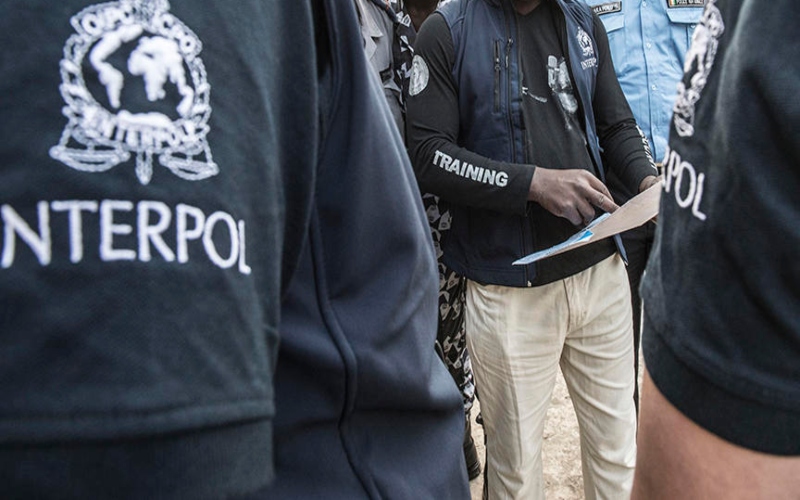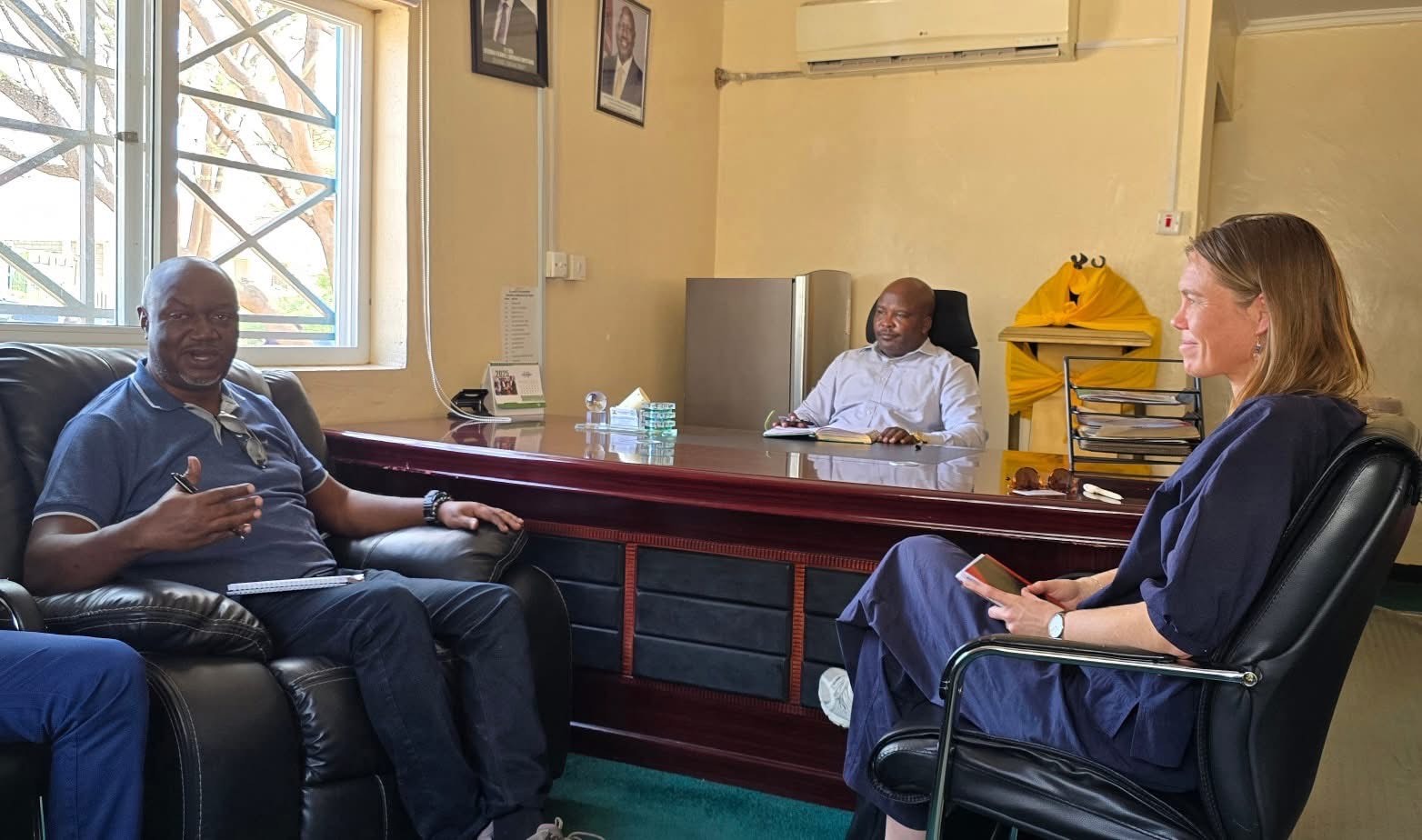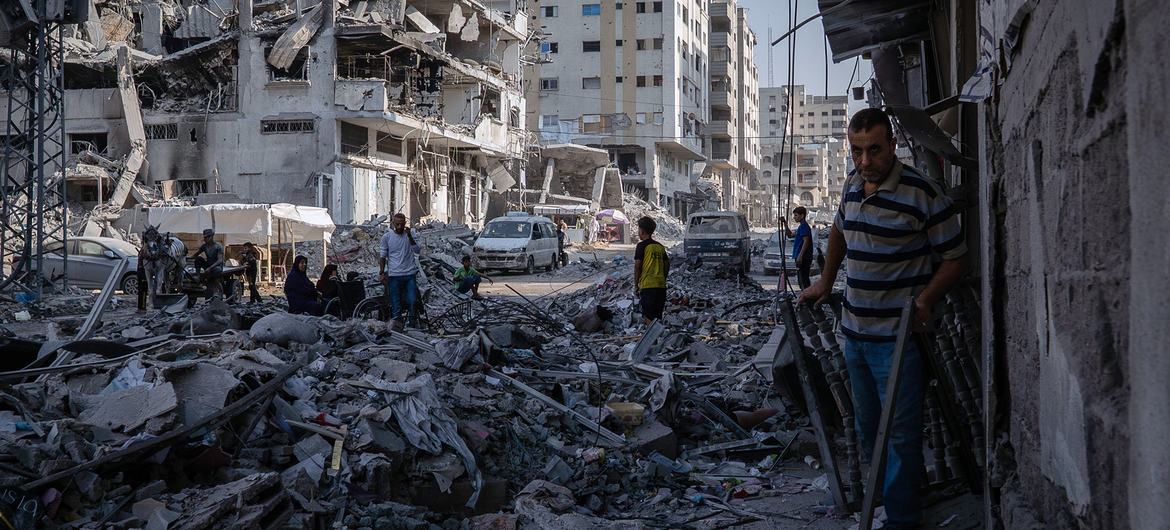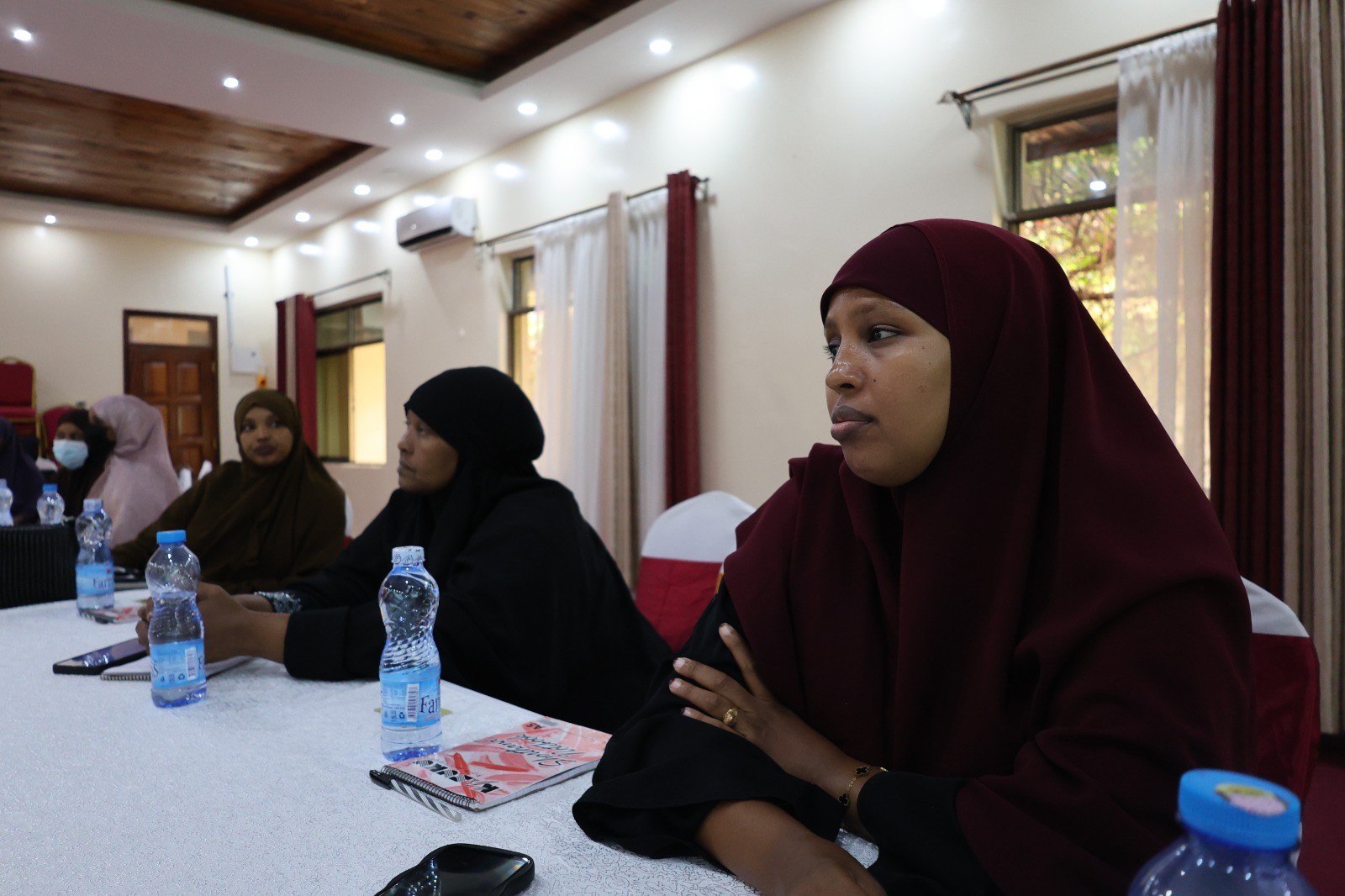Interpol flags online advertisements offering costly crossings into Europe

Groups advertising crossings at a range of prices, from €1,400 (Sh210,000) - from France to the UK, to €4,000 (Sh600,000) -from Greece to France and up to €12,000 (Sh1.8 million) - from Libya to Italy.
A three-day Interpol-led operation targeting smugglers exploiting the internet to traffic people across the Mediterranean into Europe has resulted in the identification of hundreds of incidents, URLs, user handles, and phone numbers potentially linked to cyber-enabled smuggling of migrants.
Operation Cyberprotect II sought to identify and investigate online migrant smuggling activities to disrupt criminal networks operating across the Mediterranean region.
More To Read
- Kenya’s criminal gangs trace back to independence era, NCIC says
- NCIC warns of criminal gangs using social media to recruit, mobilise
- Kenya warns of “sophisticated menace” over citizens trafficked to Southeast Asia
- More than 1,000 migrants drown in Mediterranean so far this year, IOM says
- Report links corrupt officials to rising criminal networks in Kenya
- Court denies IT expert Ndiang'ui Kinyagia’s plea for passport release amid cybersecurity probe
Though often used by migrants fleeing North Africa via Libya to countries in Europe, the Central Mediterranean route remains the deadliest migration route on record, according to the International Organisation for Migration (IOM).
The operation, co-organised by INTERPOL and Europol, brought together 15 police officers from Europe and northern Africa, including Libya, Cyprus, France, Italy, Morocco, Portugal, Spain, the Netherlands, Tunisia, and the United Kingdom, who worked together to extract data from websites, social media platforms, and messaging apps.
The result of that was the detection of suspicious online activities, including 269 unique user handles and URLs across various social media and messaging platforms, 79 potential facilitators and smugglers, 175 incidents related to offers of travel, travel documents, and travel guidance, 81 telephone numbers registered in 29 different countries, and 14 travel and identity documents issued by 11 countries.
The results revealed that dozens of social media accounts promoting or offering facilitation for crossings from Türkiye or northern Africa to various European countries by boat, and that several examples of messaging accounts were offering fake passports and IDs
Groups advertising crossings at a range of prices, from €1,400 (Sh210,000) - from France to the UK, to €4,000 (Sh600,000) -from Greece to France and up to €12,000 (Sh1.8 million) - from Libya to Italy.
There were also scraped messaging accounts and groups that provided advice, routes, and guidance for people attempting to enter Europe irregularly, as well as multiple hits of telephone numbers, usernames, and other data against INTERPOL and Europol databases
"This data included qualitative intelligence on those who advertise, offer, negotiate, organise, and facilitate irregular migration online," said the organisation.
David Caunter, Director of Organised and Emerging Crime at INTERPOL, said an analysis of the data showed that online tools increasingly facilitate migrant smuggling.
"Collaborating in real time provides police with a unique opportunity to develop emerging investigations and gather vital intelligence that will be used to initiate new cases and support ongoing ones. This work is crucial in helping member countries dismantle the criminal networks that profit from vulnerable people and expose them to risk," he said.
During Operation Cyberprotect II, participating officers were supported by INTERPOL's capabilities in facial recognition, cybercrime, and criminal analysis.
In the three days between October 15 and October 17, hundreds of data points, including 176 facial images, were also crosschecked against INTERPOL's databases.
Europol deployed a specialist and an analyst to Lyon during the exercise, while a team of Open Source Intelligence experts provided support from Europol headquarters in The Hague.
Three days ago, the IOM announced that at least 1,000 individuals had died after their boats capsized while trying to cross over to Europe via the Mediterranean Sea.
Top Stories Today
















































